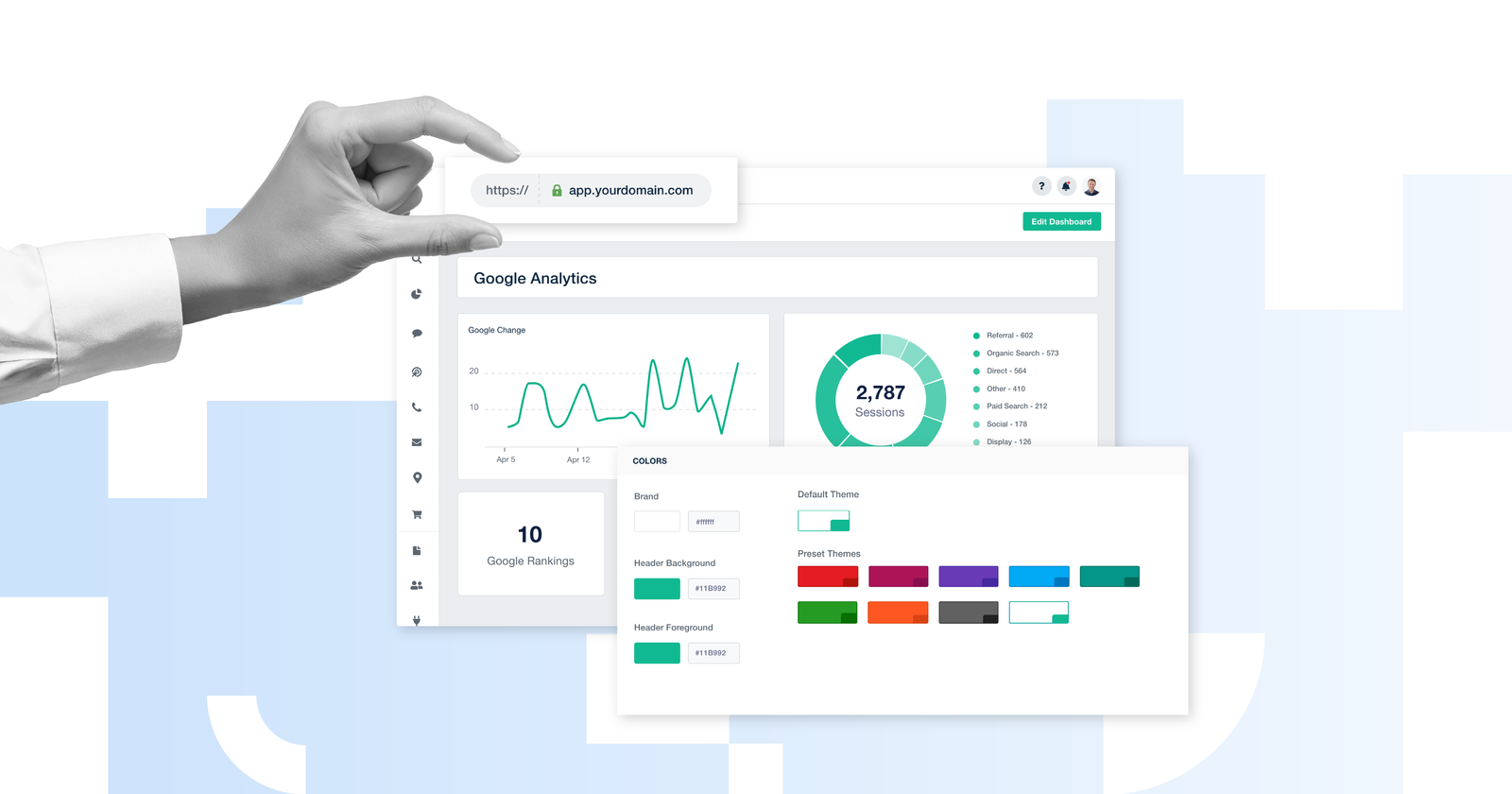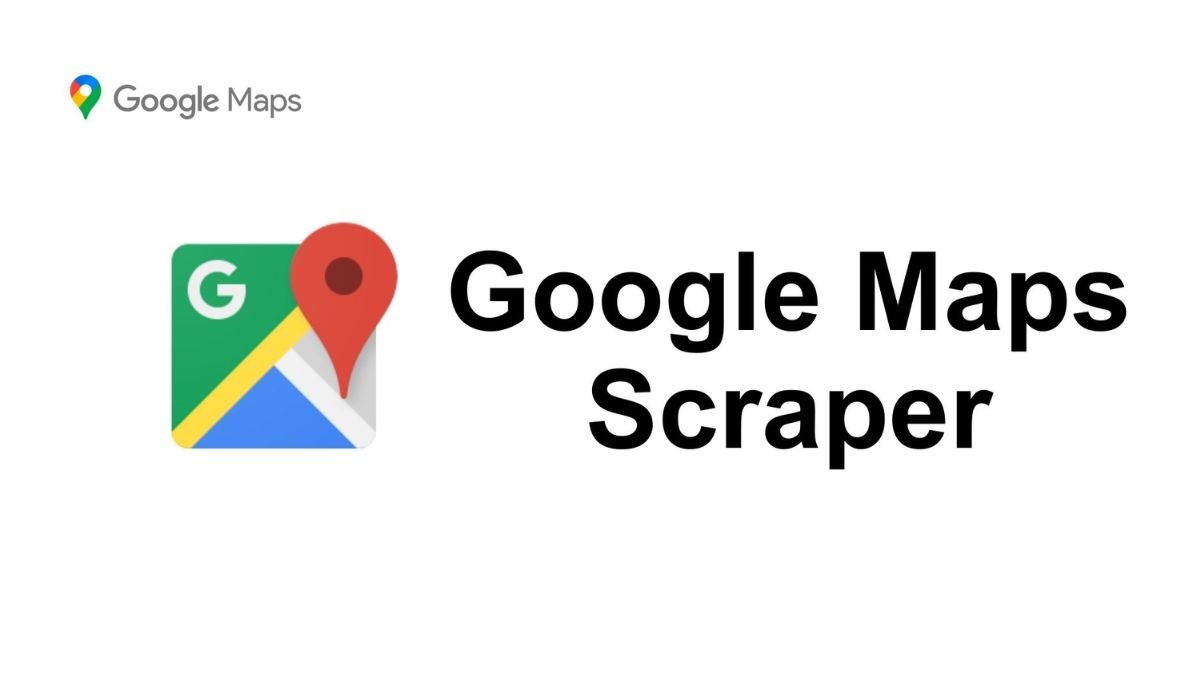A white label SEO partner enables agencies to offer expert search engine optimization services under their own brand without the need to build an in-house team. This arrangement allows businesses to expand their service offerings and improve client results efficiently by leveraging specialized SEO expertise from a trusted provider.
Such partnerships are especially valuable in a competitive market where SEO requires ongoing technical knowledge and adaptation to search engine updates. By outsourcing these tasks to a white label SEO provider, agencies can focus on client relationships and growth while maintaining quality and consistency.
Choosing the right partner is essential to ensure the SEO efforts align with the agency’s standards and client expectations. Reliable white label SEO services often include customized strategies, transparent reporting, and scalable solutions designed to support long-term success.
Understanding White Label SEO Partnership
White label SEO partnerships enable agencies to expand their service offerings efficiently by outsourcing SEO work to specialized providers. These collaborations involve specific roles, benefits, and criteria that impact how agencies deliver SEO under their brand.
What Is a White Label SEO Partner?
A white label SEO partner is a third-party agency that performs SEO services on behalf of another company. The client agency markets the SEO service under its own brand while the partner handles all technical and operational work.
This setup allows agencies to offer SEO without building an in-house team or managing day-to-day SEO tasks. It streamlines service delivery by leveraging the partner’s expertise while keeping client-facing branding intact.
Key Benefits for Agencies
Agencies gain cost-effective access to experienced SEO professionals, reducing the need for hiring and training staff.
White label partnerships help agencies scale services quickly and broaden offerings such as content creation, link building, and ranking optimization. This can lead to increased revenue without significant overhead.
Maintaining brand consistency while delegating execution offloads operational burden, allowing agencies to focus on client relationships and overall strategy.
How Partnerships Work
The white label partner provides the SEO infrastructure: strategy, implementation, reporting, and optimization.
The reseller agency takes responsibility for branding, selling the service, client communication, and project management.
Clear processes and communication channels ensure timely delivery of SEO results. The partner delivers outcomes, while the agency controls the client experience.
This division allows agencies to position themselves as full-service marketing providers without performing all SEO tasks internally.
Essential Qualities to Look for
A reliable partner should demonstrate proven SEO expertise with measurable results.
Transparency in reporting and a clear workflow are vital. Agencies must ensure the partner aligns with their service standards and customer approach.
Look for partners offering customization and flexibility to tailor services to specific client needs. Strong communication and support are crucial for a smooth partnership.
Evaluating these factors helps agencies avoid risks and secure long-term collaboration that drives growth.
Selecting the Right White Label SEO Partner
Choosing the appropriate partner requires a focus on specific factors such as the range of services offered, communication efficiency, and proof of experience. These elements help determine if the partnership will meet business needs and client expectations consistently.
Evaluating Service Offerings
A white label SEO partner should provide comprehensive services covering on-page SEO, technical SEO, link building, and content creation. It’s essential to verify whether their offerings include local SEO, reporting tools, and keyword research capabilities.
They should tailor their solutions to different industries and business sizes, ensuring flexibility. Transparent pricing and service packages help avoid hidden costs. Confirm the partner’s ability to integrate their work seamlessly under your brand, preserving consistency with client projects.
Assessing Communication and Support
Effective communication is crucial for ongoing collaboration. The partner must offer clear reporting structures and regular updates to keep clients informed on progress and results.
24/7 support or accessible dedicated account managers improve response times. They should be proactive in addressing concerns and capable of explaining SEO strategies in understandable terms to non-experts. Reliable communication reduces project delays and builds trust.
Reviewing Experience and Case Studies
Reviewing a partner’s experience involves examining past client results across various industries. Case studies should provide data-driven outcomes such as ranking improvements, traffic growth, and conversion rates.
Look for long-term client relationships as evidence of consistent performance. Testimonials and references add credibility and insight into their work ethic. Experience with agencies similar in size and scope is a strong indicator of compatibility.











